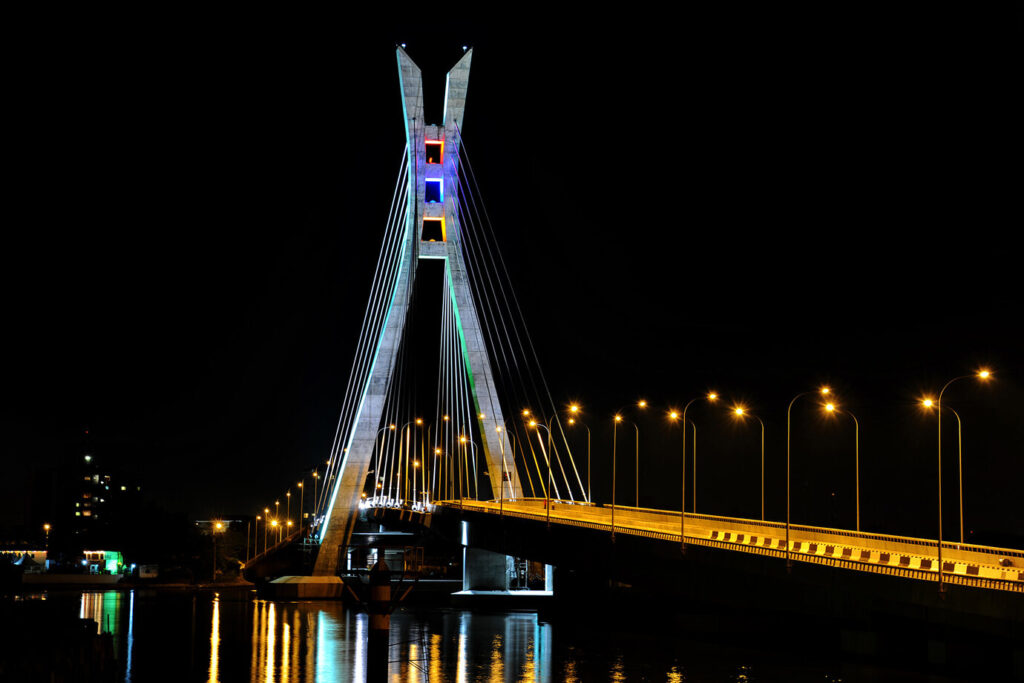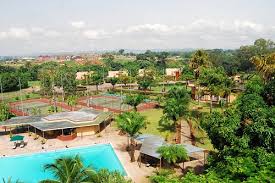“Detty December” Lagos: A Potential Domestic and Diaspora Tourism Boom

LAGOS–
Adebamibo Adewuyi, a Nigerian diasporan friend from Paris insisted he would visit Lagos for the first time last December despite my non availability, and against all odds, he made it to Lagos.
This personal example explained the reality of how Lagos State recorded unprecedented growth in its tourism and hospitality sector during the “Detty December” period, with local nightclubs alone generating a remarkable N4.32 billion ($2.7 million), according to a recent report by MO Africa Company Limited.
The report, which analyzed data from November 19 to December 26, highlights the role of internal tourism and diaspora arrivals in driving economic activity in the state.
According to the report, Lagos welcomed an estimated 1.2 million tourists, of which 60% were domestic travellers, reflecting a growing interest among Nigerians in exploring their own country.
The Domestic Shift and Diaspora Influence
One major factor influencing the surge was heightened insecurity in southeastern Nigeria, prompting many Nigerians to choose Lagos as a safer and vibrant alternative for leisure and festivities.
Additionally, Governor Babajide Sanwo-Olu’s tourism investment in the city’s tourism sector is creating a greater appeal, attracting Nigerians in the country and the diasporans, who returned home in droves, further boosting the state’s economy.
Popular destinations for international visitors included Lagos and other southern states like Ogun, Oyo, Ondo, Delta and Edo, showcasing the interconnectedness of regional tourism.
Nightlife, Hospitality, and Recreation At Center Stage
Lagos’ nightlife sector has always been a standout performer, with the top 15 nightclubs recording daily revenues of N360 million ($224,000).
Premium tables fetched as much as N1.2 million ($746.7) per night, emphasizing the city’s position as a prime destination for luxury and leisure within the sub-region.
Hotels also experienced a windfall, earning N54 billion ($36 million) from over 15,000 bookings in December. Short-term rental apartments added another N21 billion ($13 million), with average nightly rates reaching N120,000 ($74.7).
Recreational activities, including beaches and resorts, generated N4.5 billion ($2.8 million), accounting for 70% of the revenue from this sector.
Technology, Trust, and Trends in Tourism Spending
The report noted an increasing reliance on cryptocurrency for transactions, with 85% of payments and conversions to Naira conducted through exchange platforms. This trend underscores the evolving financial habits of visitors and the growing trust in digital currencies.
Additionally, a significant number of bookings were made through agents rather than traditional booking platforms, highlighting trust issues and the influential role of agents in Lagos’ tourism ecosystem.
Future Projections for Tourism Growth
Kayode Omosebi, CEO of MO Africa Company Limited, projects that the December season, often dubbed “Detty December,” could generate up to $2 billion in foreign exchange by 2026.
With event centers hosting 1,175 bookings and generating N1.2 billion ($804,000) and luxury car rentals contributing N1.5 billion ($937,500) from 750 bookings, it is clear that the tourism ecosystem in Lagos is thriving. High-end car rentals alone commanded daily rates ranging from N200,000 ($124.4) to N2 million ($1,244).
Positioning Lagos as an Internal Tourism and Diaspora Destination
The December period demonstrated Lagos’ potential as a hub for domestic tourism while reaffirming its appeal to Nigerians in the diaspora, leveraging its unique blend of culture, nightlife, and hospitality. Lagos is setting the stage to further strengthen its position as a leading destination for internal tourism and global reunions in the coming years.
This surge in domestic and diaspora tourism not only underscores Lagos’ vibrancy but also its critical role in shaping Nigeria’s tourism narrative. With sustained efforts, Lagos could become a model for leveraging internal tourism to drive economic growth and cultural preservation.





